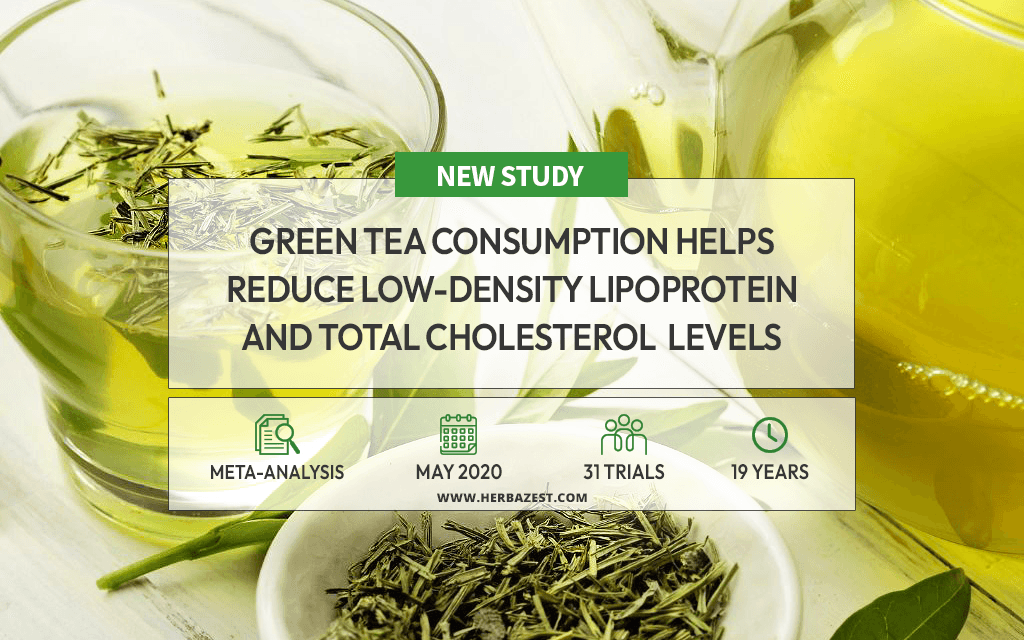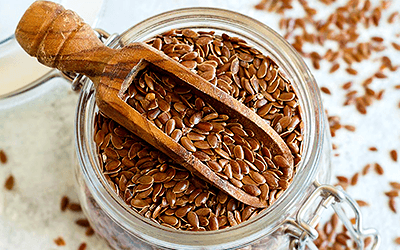Green tea has been a staple in traditional wellness for centuries, but in recent decades, it has also become a point of interest for modern science, especially in the area of heart health. With cardiovascular diseases still ranking among the leading global causes of death, finding natural, dietary strategies to support heart function has become more crucial than ever. While past clinical trials have produced mixed findings, a comprehensive new meta-analysis sheds more definitive light on the potential benefits of green tea for heart health.
The Study
Researchers reviewed 31 randomized controlled trials, totaling more than 3,300 adult participants and 19 years of research, to assess the impact of green tea supplementation on blood lipid profiles. These studies met rigorous criteria: they were human-based, spanned at least two weeks, and reported clear outcomes on total cholesterol, LDL (“bad” cholesterol), HDL (“good” cholesterol), or triglycerides. Importantly, only studies using green tea or its extract as the sole intervention were included, allowing for a more accurate assessment of its true effect.
The Results
The data showed that regular green tea consumption led to modest but statistically significant reductions in both total cholesterol and LDL cholesterol levels. On average, total cholesterol dropped by 4.66 mg/dL, while LDL levels decreased by 4.55 mg/dL, both of which could translate into meaningful reductions in cardiovascular risk over time.
Triglyceride levels also showed a downward trend, though the change was not strong enough to be conclusive. Interestingly, HDL cholesterol remained unaffected by green tea intake. Results were consistent across different study populations and remained robust even after testing for potential biases.
What Does this Mean?
The data suggest that regular green tea consumption can modestly improve lipid profiles, particularly by lowering total and LDL cholesterol. These changes, while small, may contribute to cardiovascular protection over time, especially when combined with a balanced diet and healthy lifestyle. Previous studies have shown that even a 1% decrease in total cholesterol is associated with a 2 to 3% drop in heart disease risk.1
Green tea's benefits for heart health appear consistent across different populations, and importantly, its consumption does not negatively affect HDL cholesterol. Green tea is a practical and widely available option for those seeking natural ways to support heart and overall health.
Other plant-based foods like oats, flaxseed, and walnuts also support healthy cholesterol levels and are worth adding to your wellness routine.
Sources
- Nutrition Journal, Effect of green tea consumption on blood lipids: a systematic review and meta-analysis of randomized controlled trials, 2020
Footnotes:
- Circulation. (2002). Third Report of the National Cholesterol Education Program (NCEP) Expert Panel on Detection, Evaluation, and Treatment of High Blood Cholesterol in Adults (Adult Treatment Panel III) final report. Retrieved March 28, 2025, from https://pubmed.ncbi.nlm.nih.gov/12485966/




